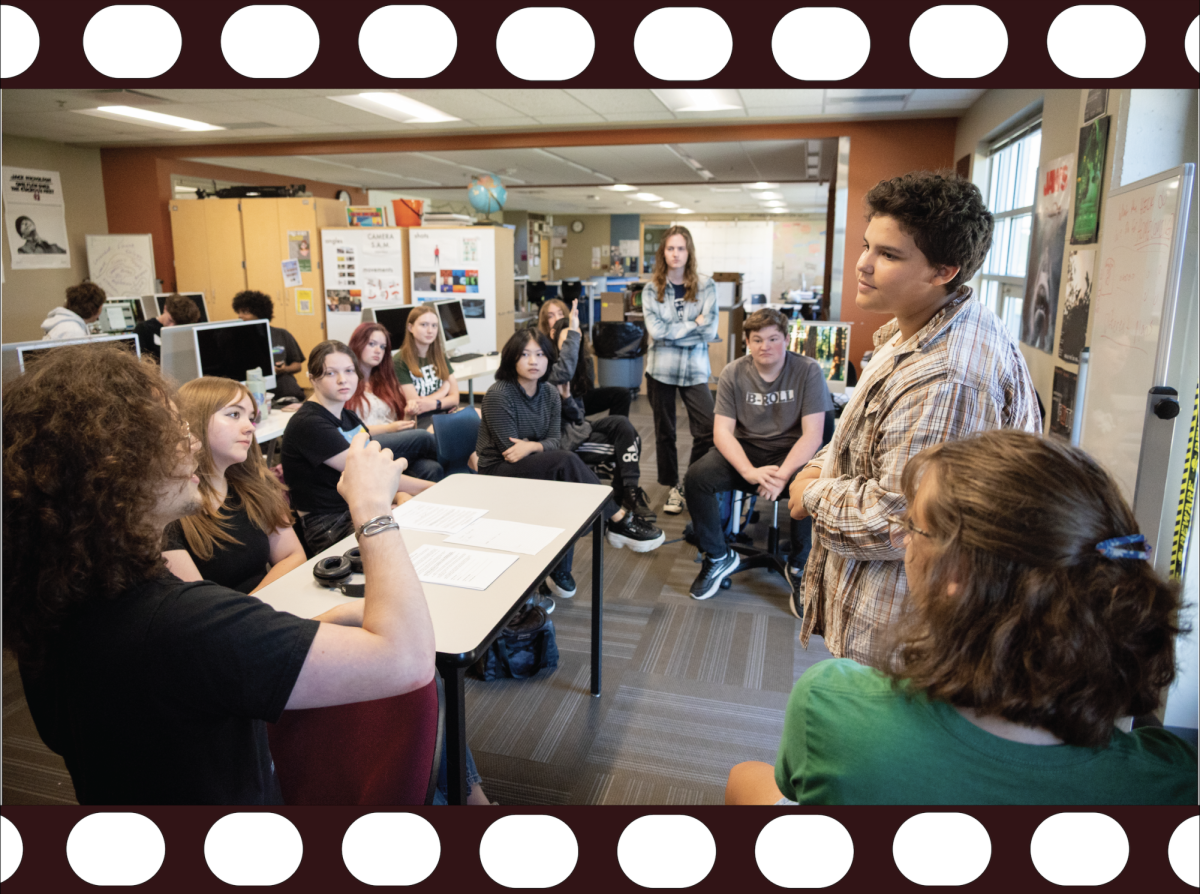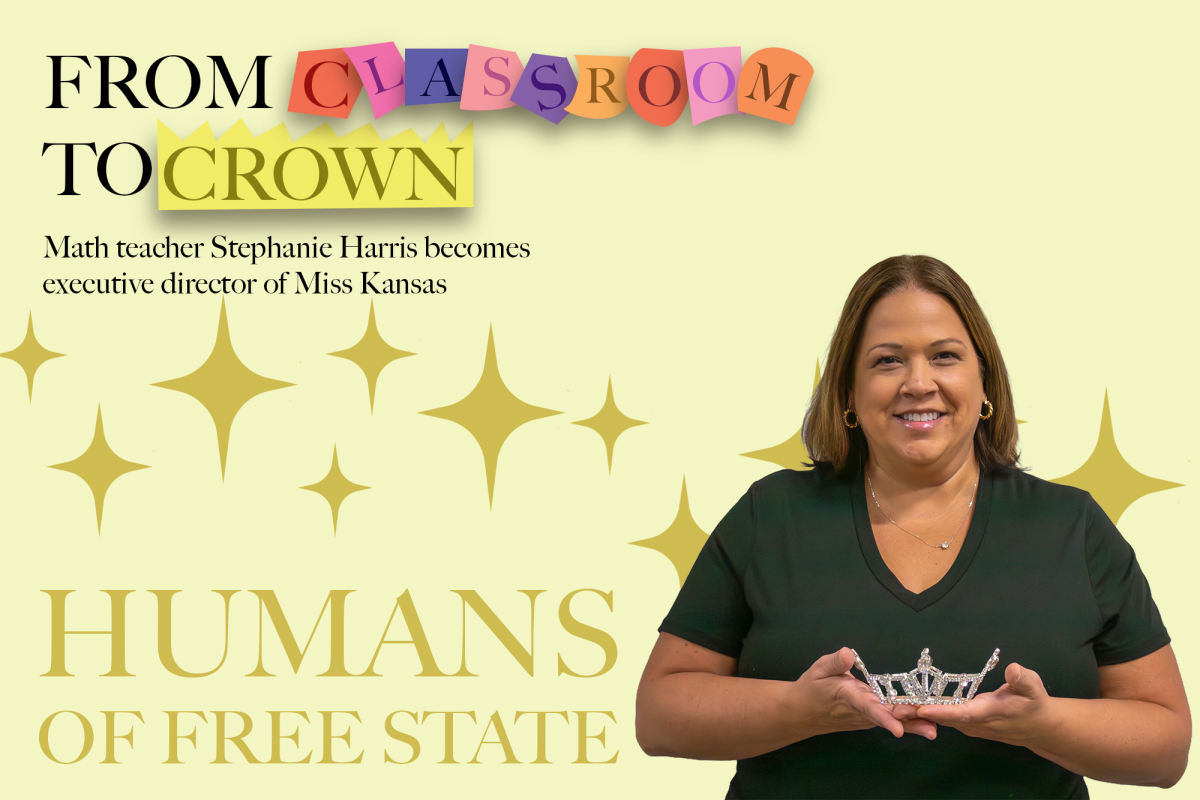As the school year comes to a close, many Advanced Placement [AP] students find themselves changing the ways they study for the end-of-year exam. Although the thought of retaining and recalling a year’s worth of information may seem frightening, students and teachers share strategies that anyone can implement.
Senior Becca Craft, who has taken 12 AP exams notes that during the month before AP tests, the amount of time she spends studying doubles. During that month, she does nightly reviews, until two weeks before the test, when she begins cramming for hours on end. However, she doesn’t believe cramming is always an effective study method.
“It’s a good way to refresh if you already know the material. But if you’re trying to learn new material, it’s difficult,” Craft said.
AP Pre Calculus and AP Calculus BC teacher, Annette McDonald feels similarly. She believes that cramming is like trying to read a story without spaces between the words. It’s difficult to understand and retain the information. Instead, she works with students to discover which study method is best for them.
“I don’t want to force somebody to do something that really isn’t productive,” McDonald said. “I help students find ways to study and remember, and I’m not telling them which strategies to use.”
One of the challenges of the AP test is that the questions change every year. This can make preparing feel daunting for first-time exam takers.
McDonald thinks that the most effective way to prepare is to practice. She believes that by practicing both the content and understanding how questions are phrased, students feel more confident and perform better on their exams.
“You’re practicing what the expectation is so that you can get the highest score possible,” McDonald said.
McDonald advises students that the night before the AP exam they should do a light review of a few concepts, then try to forget about it and get a good night’s sleep. She maintains that sleeping well will help students think more clearly and achieve the highest score possible. On the morning of the exam, McDonald stresses that sticking to the same routine is key.
Doing what is normal reduces stress and helps students focus on the test.
Finally, both Craft and McDonald want first-time exam takers to practice positive self-talk and recognize that they are incredibly well prepared.



![At the front of the class, math teacher Annette McDonald teaches AP Calculus BC to sophomores, juniors and seniors. McDonald prepares students for the AP exam by giving them practice tests and review problems. “Mrs. McDonald encourages us daily to try new strategies to study and prepare,” junior Adele Buren said. “She always lets us ask peers for help if we need it [too].”](https://www.fsfreepressonline.com/wp-content/uploads/2024/04/Screenshot-2024-04-01-at-9.24.26-AM-1200x797.png)



















